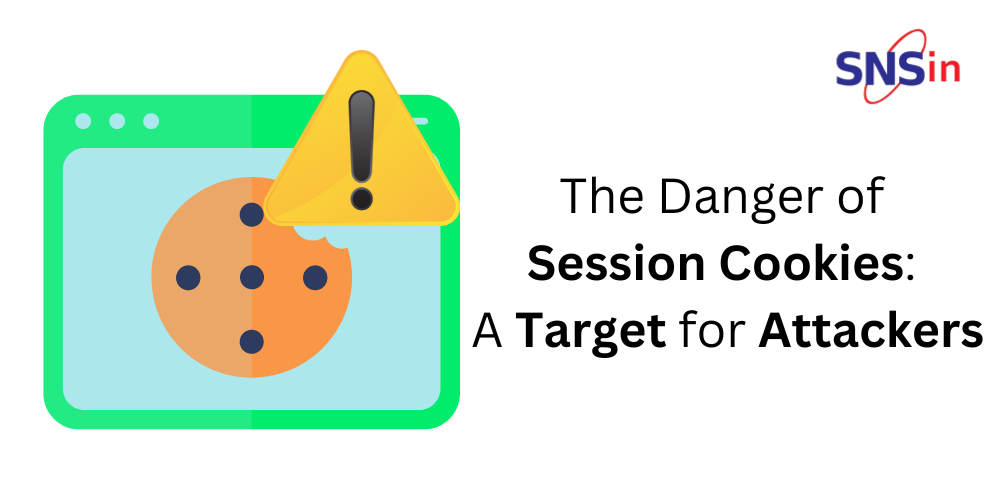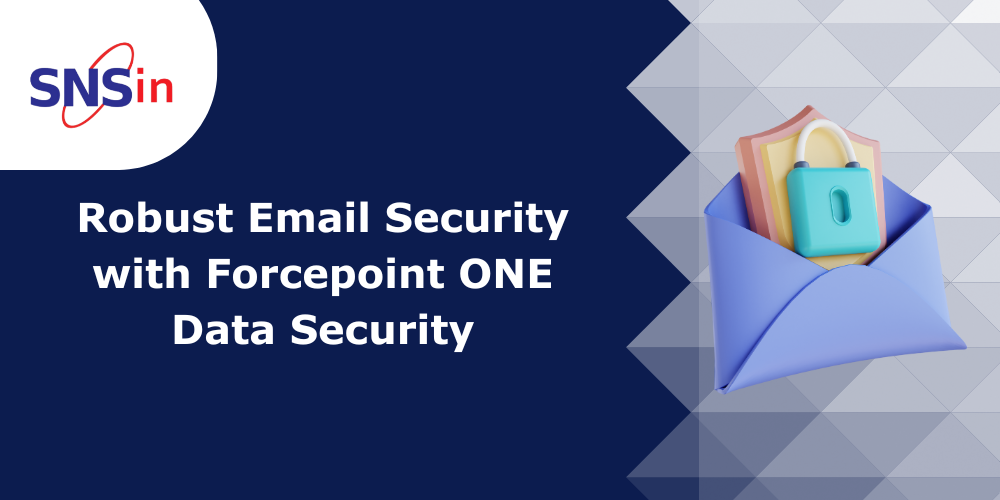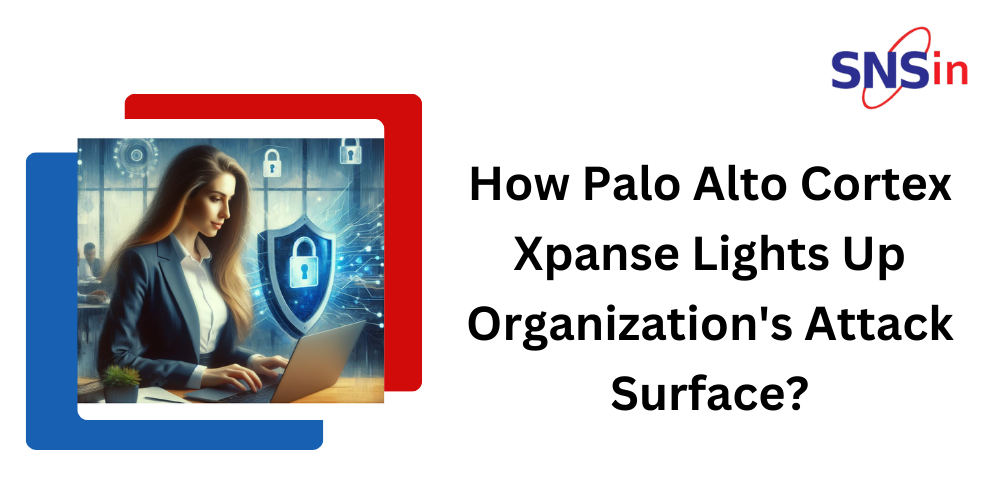Cookies: Friend or Foe? This blog explores session cookies – their benefits (smooth browsing) and vulnerabilities (attacker manipulation). Learn how to protect yourself online.
Understanding Session Cookies
Session cookies (unlike persistent ones) vanish when you close your browser. They help websites manage your browsing session (logins, preferences) for a smoother experience.
The Vulnerabilities of Session Cookies
Session cookies, though useful, have security risks:
- Session Hijacking: Hackers steal session cookies to impersonate users and access their accounts.
- Session Fixation: Attackers manipulate session IDs to interfere with user sessions or create unauthorized ones.
How Attackers Exploit Session Cookies?
Hijacking Your Session
Hackers use Man-in-the-Middle attacks to steal session cookies in transit, impersonate users, and access accounts without needing login credentials.
Session Cookie Threats
- Man-in-the-Middle (MitM): Hackers intercept communication, steal session cookies, and impersonate users.
- Cross-Site Scripting (XSS): Hackers inject malicious scripts into websites to steal session cookies.
Protecting against Session Cookie Attacks
Organizations must implement strong security measures to protect user information from session cookie attacks.
Here are some effective strategies for protecting against session cookie attacks:
Implement Secure Cookie Settings
- Block Script Access: Use “HttpOnly” flags to prevent scripts from stealing cookies.
- HTTPS Only: Use “Secure” flags to ensure cookies travel on encrypted connections.
- Unpredictable IDs: Generate strong, random session IDs to thwart session fixation.
Encrypt Connections
Use TLS/SSL to scramble data in transit, preventing attackers from stealing cookies.
Tighten Session Management
Implement timeouts, rotate session tokens, and refresh cookies frequently to limit the window attackers can exploit stolen cookies.
Regular Web App Audits
Patch vulnerabilities to prevent attackers from exploiting them to steal session cookies.
User Education
Incognito mode clears session cookies per session, limiting website tracking history. But it doesn’t block all in-session tracking or third-party cookies. Combine it with other privacy tools for better control.
Train users on safe practices: logging out, avoiding suspicious links, and using strong, unique passwords.
Conclusion
Understanding session cookies is crucial for maintaining a seamless user experience on websites, but mishandling them can lead to significant security risks. By grasping their concept & vulnerabilities, organizations must put stringent security measures to safeguard their assets and user data.
Secure Network Solutions (SNS) offers Comprehensive Cybersecurity Solutions. Drop us your queries/requirements to this email ID [email protected].
Swathi
Author
Working IT professional and a Cyber Security enthusiast. Passionate to write about Cyber Security topics and Solutions. I share my insights as I study articles and trending topics in the field of Cyber Security.
![]()




